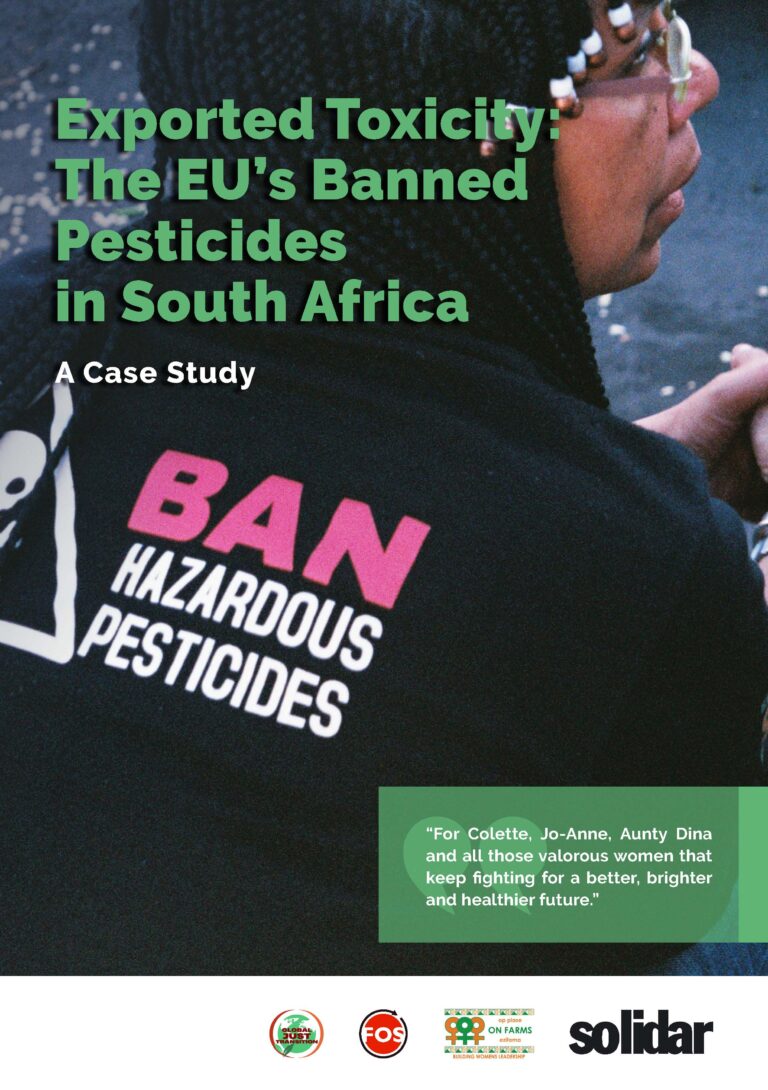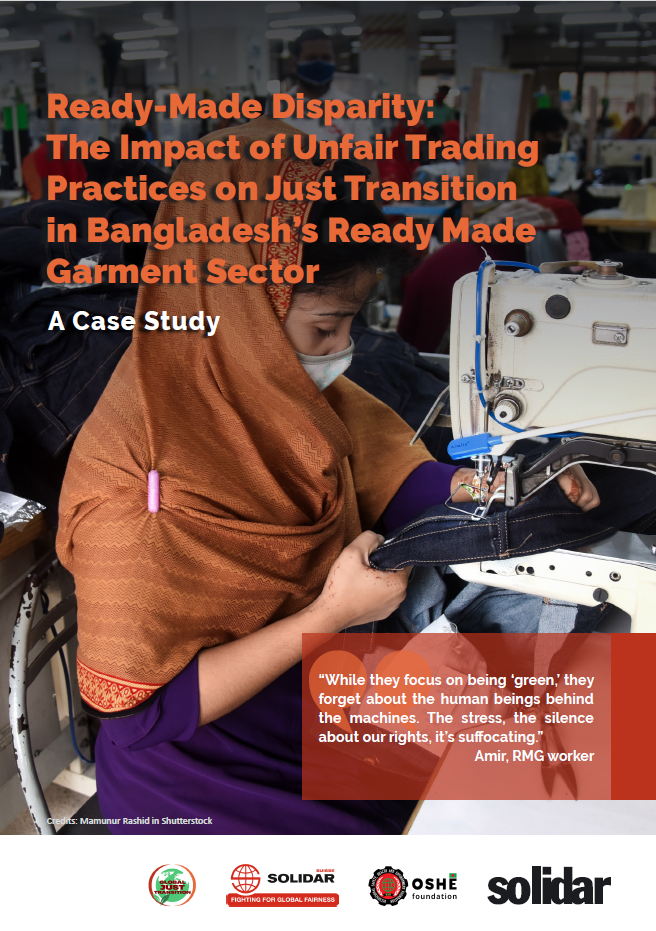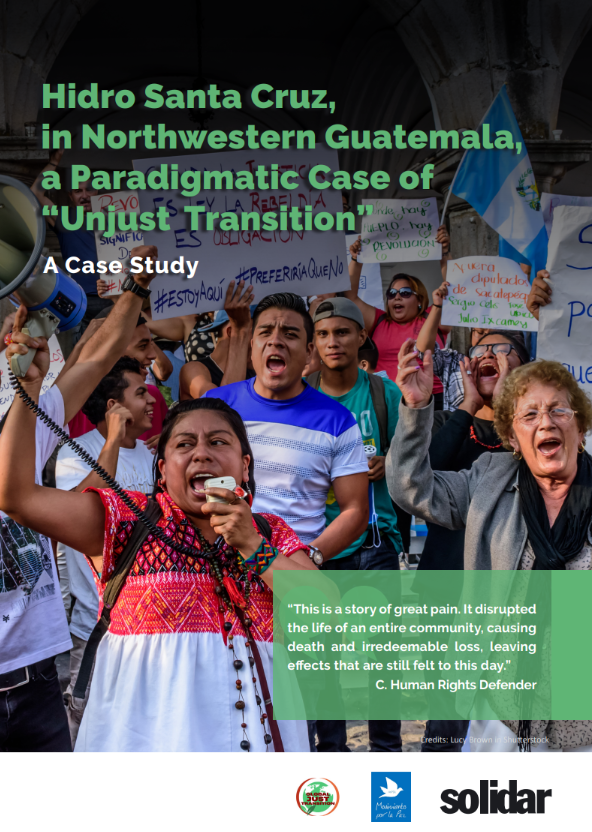Case Study | Unveiling the social effects of oil palm monoculture in Montes De María in Colombia
Colombia is the largest oil palm producer in Latin America and the fourth largest in the world. This crop has been promoted as a development factor since the end of the last century. In the case of the Montes de María region, the recent expansion of the oil palm agribusiness model was due to a combination of pressure and violence during the armed conflict, public policies aimed at stimulating growth in agribusiness and the implementation of public-private partnership models. The expansion of agribusiness is associated with massive land sales processes and the dispossession and displacement of peasant communities. Oil palm cultivation changed land use, thereby weakening traditional production practices, as it requires large quantities of water and vast expanses of agricultural land. The climate necessary for this crop is associated with greatly diverse biomes; it requires deforestation of the area, resulting in loss of plant and animal species, which alters the balance of local ecosystems. In this case study, we explore the trail of negative environmental and social impacts that the expansion of oil palm monoculture in the Montes de María region of Colombia has left in its wake.
This case study was carried out through SOLIDAR’s Member Movement for Peace, Disarmament and Liberty (MPDL), which has been a constant and active presence in Colombia since 1994, where it has worked hard to promote the development of civil peacebuilding initiatives, considering it as both an objective and a process.
This publication is part of the campaign “Global Just Transition: Not Just for (E)U“, which calls on the EU to promote a socially and environmentally just transition not only in the European Union but also worldwide. Within the framework of this campaign, we publish case studies from the Global South shedding a light on the harmful effects of the European Green Deal’s lack of an external dimension on partner countries in the upcoming months.







